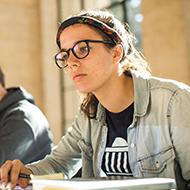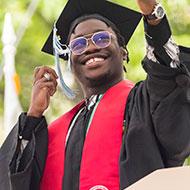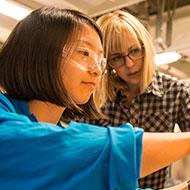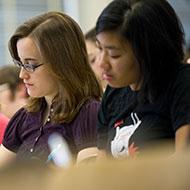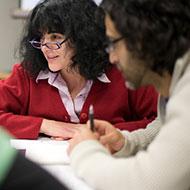The following guidelines are intended to assist faculty and other members of the MIT community in preparing proposals for undergraduate subjects. They should be viewed as a codification of expectations, not as rules.
- An MIT department administrator or department head must electronically submit to the CoC an Undergraduate Subject Proposal Form. Detailed instructions are given in the Subject Proposal Management Quick Card.
All proposals for new and revised subjects must have the explicit approval of an academic department head or appropriate administrator, and must include a statement articulating the need to offer this new subject or change an existing one. The space provided on the proposal form is sufficient in most cases. A rationale is detailing why the changes in the proposal are being made is encouraged. A syllabus may be requested by the Committee if additional information is needed.
In the case of subjects to be offered jointly by two or more departments, all relevant departments must explicitly approve the subject offering.
- Proposals to eliminate undergraduate subjects should be submitted at the same time as proposals for new and revised subjects. The removal of a subject should include a statement from the department giving the reasons for its elimination, as well as an assessment of impact, if any, on the curricula of other departments, General Institute Requirements, etc.
- Units and grades: Undergraduate subjects carry 3 to 24 units (normally multiples of three units) and are normally letter-graded; undergraduate subjects can be graded P/D/F only by explicit permission of the CoC. First-year advising seminars normally carry three units and are graded P/D/F.
It is the policy of the CoC to maintain the distinction between undergraduate and graduate subjects; therefore, the Committee requires separate subject numbers for any subject offering both "U" and either "G" credit. - It is expected that any for-credit subject will be taught by an MIT faculty member or instructor appointed through normal departmental channels and procedures and that the faculty member has received the approval of their department head to teach the subject.
The CoC recognizes that a number of non-faculty members of the MIT community, such as visiting faculty, post-doctoral or other research staff, members of the administrative staff, and sometimes undergraduate and graduate students, are involved in teaching undergraduate subjects, seminars, and recitation sections. The CoC expects their participation to have the full knowledge and approval of the department head. In such cases, the department head should appoint a regular member of the faculty to oversee the teaching of the subject. - Proposals for special subjects are not reviewed by the CoC, nor are proposals to include special subjects in degree programs or minors. Guidelines governing the use of special subjects are posted on the Registrar’s website.
